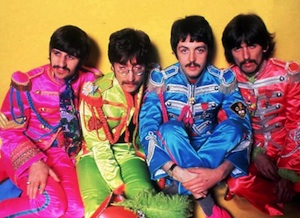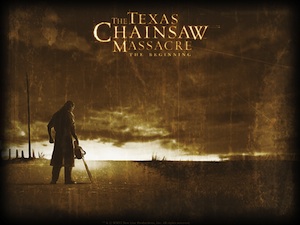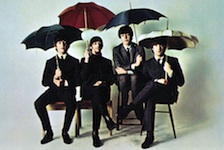Sean Beienburg argues that The Dark Knight Rises reflects director Christopher Nolan’s Burkean sensibilities:
Less apparent than the striking images are these skeptical, quintessentially British political mores that the Nolan brothers—despite Jonah’s American accent—have infused into their trilogy. Critic Devin Faraci writes that Nolan embraces the “central thesis that institutions will fail us again and again… But where David Simon’s seminal [The Wire] wrestled with what that means and how we can create change within that environment, Nolan’s films take a decidedly more libertarian slant.” This strikes me as a misreading of The Dark Knight Rises, which celebrates those mediating institutions, what Edmund Burke called “little platoons”: the small, often invisible, and organic structures and bonds that slowly develop into a functioning society. It is not the failure of the federal government that has hollowed out Gotham’s core, but the withdrawal of those intermediate institutions that generated the vacuum Bane claims to fill. This is the fundamental thesis of Tocqueville’s lesser-read but no less perceptive Old Regime and the French Revolution: the later Bourbon monarchs centralized power by clearing subnational governments and corrupting the once countervailing force of the Roman Catholic Church, leaving France to choose between absolutism and anarchy. (Of course, it got both.) Acknowledging these institutions’ failure gets it half right, but critics have erred in perceiving strictly individualist solutions. Nolan’s prescription is not resignation at their impotence but shame to restore them.











